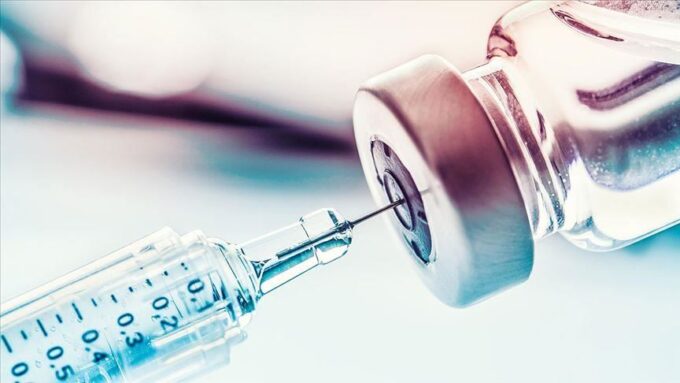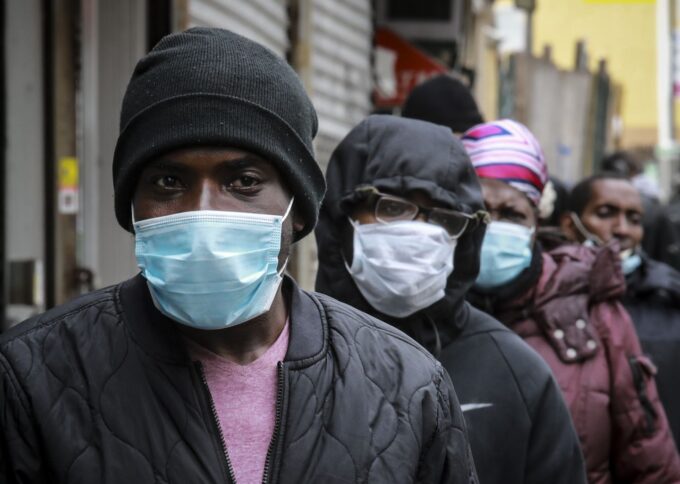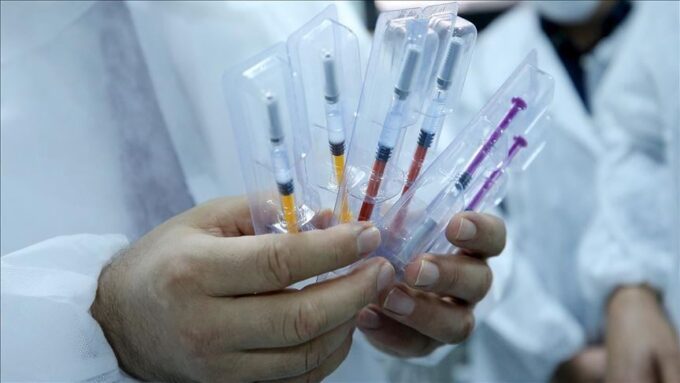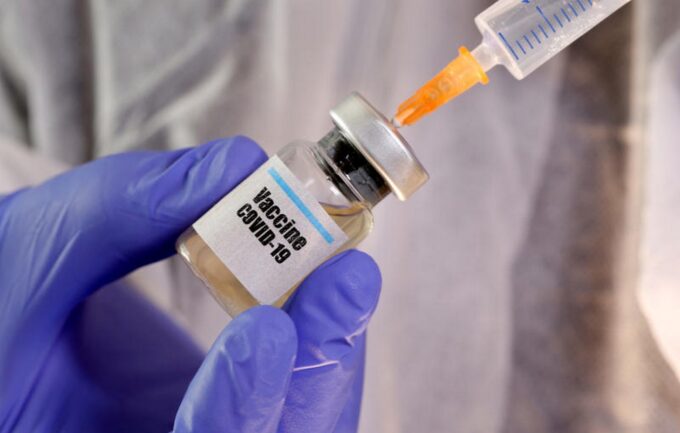When it comes to getting vaccinated against Covid-19, reality must be separated from fiction.
In the early stage of the Covid-19 pandemic, people stocking and hoarding vitamins and other things like paper towels, disinfectants, and other related health and wellness products. In fact, online sales in many eCommerce and classified sites like Shoppok have increased dramatically, but unfortunately, while many people are struggling, some are spreading fake news, myths, and conspiracy theories.
The speed of vaccine development has generated a number of false ideas that have fueled some people’s skepticism. Here are some common myths about the Covid-19 vaccine and the truth behind drugs developed to fight the disease.
If you’ve already had COVID-19, you don’t need to get vaccinated

It is not yet clear how long coVID-19 is protected after a previous infection — known as natural immunity. In fact, “preliminary evidence suggests that natural immunity to COVID-19 may not last long,” explains the Centers for Disease Control and Prevention (CDC). Because of this, “people may be advised to take part in COVID-19 even if they have contracted the disease before,” the agency says.
Health officials will keep the public informed of any development and recommendation as more is known about the duration of natural immunity.
Once you get the coronavirus vaccine, you’re immune for life
It is also not known how long the immunity of a coronavirus drug will last and whether it will need to be given more than once, or even on a regular basis, such as the flu antivirus.
For now, “maybe we should think about this in the same way as the tetanus vaccine, where you might need reinforcement”every few years, said Dr. Francis Collins, director of the National Institutes of Health (NIH). “If we’re lucky, it would be like measles, that once you’re immune, you’re for life, but that would be a really lucky thing,” he added.
You can get rid of your mask after getting vaccinated

A vaccine is a tool that can help delay the spread of the pandemic, but others will be needed to end the pandemic — such as the use of masks, social distancing, frequent hand washing, and testing.
One reason: Health authorities believe it will take several months to inoculate most people who want to get the pandemic drug. And until a substantial percentage of the population develops resistance to the pandemic and so-called collective immunity is achieved, the pandemic will continue to spread and make people sick.
Other: Protection is not instantaneous. “It usually takes a few weeks for the body” to develop memory cells for the pandemic after injection, meaning that “it is possible for a person to get sick” with the pandemic right after being injected “because the antivirus didn’t have enough time to provide protection,” the CDC explains. In this case, masks, social distancing, and other recommended efforts can help prevent infection while the body develops immunity.
“We have done everything in our power to investigate how to stop this virus as soon as possible, and we have organized ourselves to be able to be as successful as the drug continues to be distributed, to help it have a better chance of stopping the spread,” said Dr. Michael Mina, an adjunct professor of epidemiology at Harvard’s T.H. Chan School of Public Health.
Vaccines contain the live virus that causes coronavirus
None of the advanced developmental drugs in the U.S. contain the live virus that causes the pandemic, the CDC confirms. Instead, leading drug manufacturers use scientific techniques to train the human body to recognize and fight the pandemic, either by introducing a harmless part of the virus (not all germ) into the body or by instructing it to produce its own Covid-19-like protein. Then the body recognizes that these proteins shouldn’t be there and produces antibodies to fight them. The immune system then sets the memory to protect against future infections.
While Covid-19 vaccines won’t make you sick again, like many other antiviruses, including flu and shingles drugs, they can cause side effects in some people. A small percentage of participants enrolled in the Pfizer/BioNTech and Modern/NIH clinical trials reported temporary side effects after their injections. Symptoms included injection site pain, fatigue, headaches, chills, and muscle aches. So far, researchers have not identified any major safety issues with these two vaccines, but participants and early drug recipients will be monitored for long-term adverse events.
MRNA vaccines can alter your DNA

Two of the four candidate vaccines in the last phase of clinical trials in the country (the Pfizer/BioNTech vaccine, which was authorized by the federal government on December 11 and the Moderna/NIH vaccine) use a new type of technology called messenger RNA, or mRNA for short. Think of mRNA as an instruction manual: it directs the body to develop an immune response to a specific infection.
For starters, the vaccine’s mRNA “never enters the nucleus of the cell, which is where our DNA is stored. This means that mRNA does not affect or interact with our DNA in any way,” the CDC says. What’s more, after cells use the instructions that mRNA provides — in the case of the pandemic drugs, the instructions are to build the coronavirus’s characteristic spike protein so that the body can develop an immune response if it ever encounters the real thing — destroying mRNA.
You don’t need both doses of two-dose vaccines
All but one of the advanced developmental drugs require two doses that are given a few weeks apart. And because health experts aren’t sure if a dose will be effective enough to prevent COVID-19 or a severe case of the disease, omitting the second injection is not a good idea. As explained by the CDC: The first injection begins to generate protection; the second stimulates this protection and “is necessary to achieve the maximum protection offered by the drug.”
“We don’t know what happens after a single dose,” Dr. William Moss, executive director of the International Vaccine Access Center at Johns Hopkins Bloomberg School of Public Health, told AARP in a recent interview. “We certainly can’t expect [a dose to confer] the high degree of protection,” both doses demonstrated in Phase 3 clinical trials, he added.
If you got shot against the flu this year, you don’t need the coronavirus vaccine

While influenza and COVID-19 share a similar list of symptoms, they are two different diseases, caused by two different viruses. So, with regard to the antivirus, “it’s not about one or the other,” Dr. Anthony Fauci, director of the National Institutes of Allergy and Infectious Diseases (NIAID), explained in a recent AARP interview.
“You want to be doubly protected from flu and coronavirus,” Fauci said, “especially since it’s possible to get infected with both viruses, or one after the other, which can affect the lungs and other organs.
Although the drug is coming-up, it is still important to observe social distancing and hand washing. Hand washing not just with water but width disinfectant, soap, and the like. You still need these supplies and there is no other better place to buy these supplies than Shoppok.com









